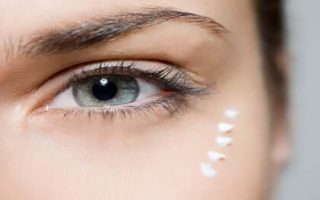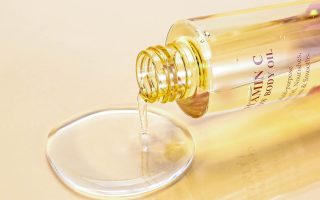Discovering a skincare regimen that works for you and will stick to is critical. At night, focus on mending daytime damage with heavier products. Right now, the best time to utilize manual exfoliants and chemical peels that render skin sensitive to sunlight.
Basic evening routine

Makeup remover precisely what it says on the box, even eliminating invisible makeup residue.
Cleanser. This will clean out any filth. Spot therapy Anti-inflammatory and drying medications may successfully cure acne breakouts at nighttime. Use a sleep mask or night cream. A fuller moisturizer to help skin heal.
Step 1: Oil-based makeup remover
So, tell me more. An oil-based cleanser may also dissolve oily elements present in cosmetics and dissolve natural oils generated by your skin.
How to use it: Assemble the product according to the Application on moist or dry skin is suggested. Massage in until clean, then rinse.
Skip this step if: Do not use makeup, have oily skin, or prefer water-based products.
Step 2: Water-based cleanser
So, tell me more. Makeup and debris on the face react with water-based cleansers, making water-rinsing possible.
How to use it: Take notes. Then you rinse it off.
Step 3: Exfoliator or clay mask
So, tell me more. Exfoliation eliminates dead skin cells and clears pores. Clay masks may clear pores and absorb grease, and they work best at night to eradicate debris and help skin absorb other products.
How to use it: Apply the clay mask once or twice a week to the whole face or trouble areas. Rinse with warm water and pat dry after the prescribed time.
Application directions for exfoliants should be followed.
Step 4: Hydrating mist or toner
So, tell me more. Finalize your overnight cleaning procedure with a moisturizing mist or toner
Watch out for humectants such as lactic acid, hyaluronic acid, and glycerin.
How to use it: Mist your face with mist. Swipe toner over skin with a cotton pad.
Step 5: Acid treatment
So, tell me more. This skincare treatment encourages cell turnover by soaking your face in acid. Try glycolic acid for beginners. Other choices include salicylic acid for acne and hyaluronic acid for moisture. A brighter, more even complexion should appear over time.
Using it: Beginner’s tip: use once a week, work up to daily 24 hours before using, and do a patch test. Apply a few drops of the solution on the face with a cotton pad. Avoid touching your eyes.
Step 6: Serums and essences
So, tell me more. Serums give potent chemicals to the skin, and essence is only a diluted form. Dry skin benefits from vitamin E, while dull skin benefits from antioxidants like green tea extract. Try retinol or vitamin C if you have breakouts often.
How to use it: Patch test new serums or essences 24 hours ahead of time. Press product into the skin if the skin looks nice. You may stack items. Simple: apply water-based primers first, then oil-based primers, wait 30 seconds
Step 7: Spot treatment
So, tell me more. Anti-inflammatory products are for head blemishes and then dry the area. At night, utilize ones that dry clearly.
How to use it: Cleanse the skin. Apply a tiny quantity and dry.
Step 8: Hydrating serum or mask
So, tell me more. Hydrating masks aren’t one of those things that may plug pores, and they are great for dry skin because of their high moisturizing power.
How to use it: Different types of masks exist. Serums are some, and other sheet masks are Korean. Some may even be kept on overnight. Apply it after your regimen. Follow the pack’s directions.
Step 9: Eye cream
So, tell me more. A heavier eye cream at night might assist with weariness and fine wrinkles. Seek peptides and antioxidants in high concentration.
How to use it: Dab a little cream around the eyes.
Skip this step if: Securely use your moisturizer or serum beneath your eyes.


